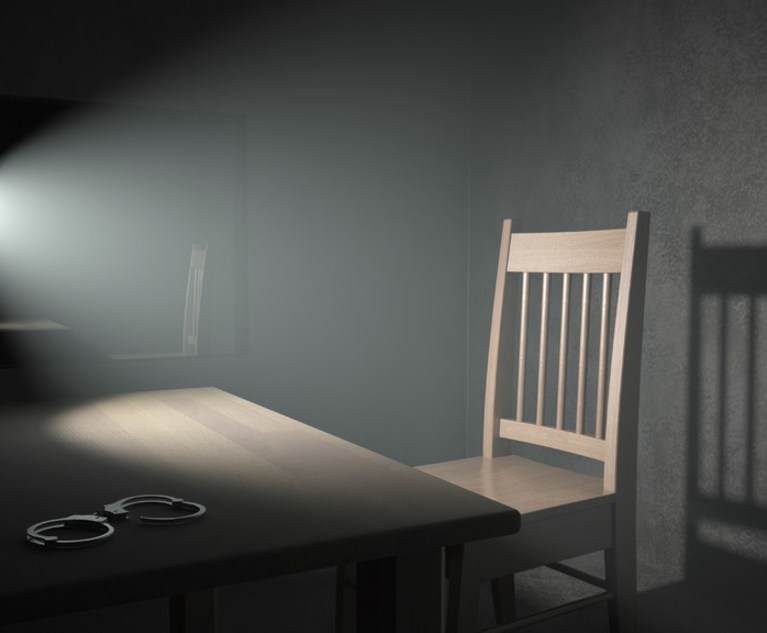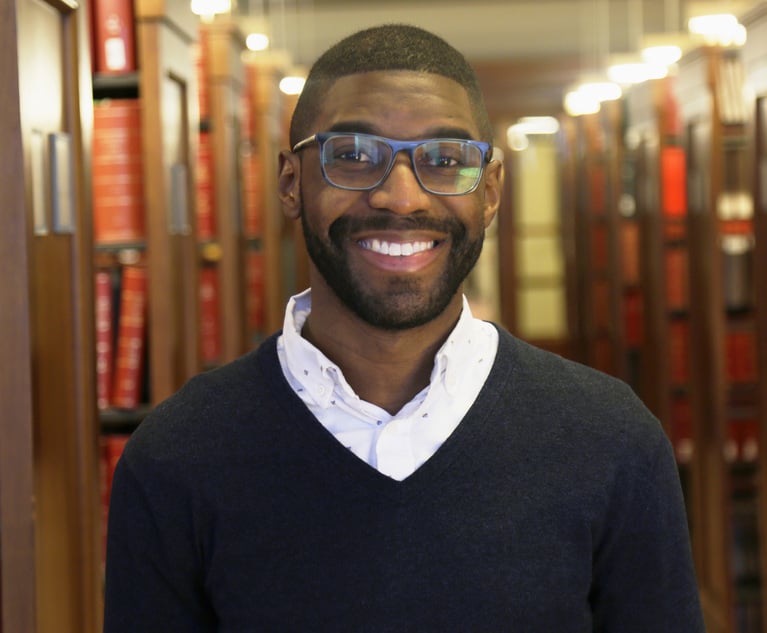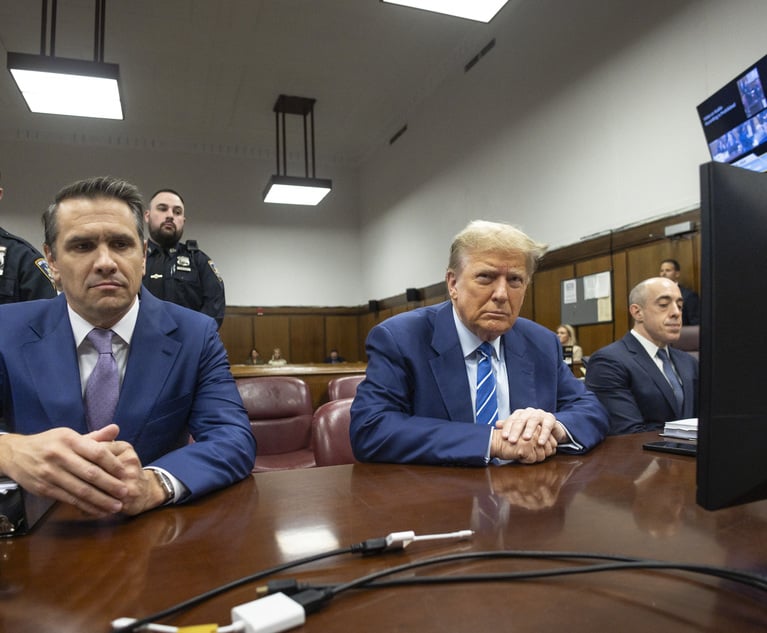 Rule 603 (Oath or Affirmation to Testify Truthfully) of the Federal Rules of Evidence is unambiguous: “Before testifying, a witness must give an oath or affirmation to testify truthfully. It must be in a form designed to impress that duty on the witness’s conscience.” The U.S. Supreme Court has ruled that similar language does not apply to police officers when they are interrogating a suspect. Frazier v. Cupp, 394 U.S. 731 (1969). Nonetheless, a small number of states have banned police from lying or being deceptive when interrogating minors. New York should follow suit.
Rule 603 (Oath or Affirmation to Testify Truthfully) of the Federal Rules of Evidence is unambiguous: “Before testifying, a witness must give an oath or affirmation to testify truthfully. It must be in a form designed to impress that duty on the witness’s conscience.” The U.S. Supreme Court has ruled that similar language does not apply to police officers when they are interrogating a suspect. Frazier v. Cupp, 394 U.S. 731 (1969). Nonetheless, a small number of states have banned police from lying or being deceptive when interrogating minors. New York should follow suit.
The Guide to New York Evidence Article 6: Witnesses & Impeachment, in Subdivision (1), explains: “This rule is derived from Court of Appeals precedent that holds that requiring a witness to take an oath or make an affirmation is a ‘traditional safeguard[ ] to truthfulness’ (Matter of Hecht v. Monaghan, 307 NY 461, 474 [1954]). The requirement of an oath or affirmation, the Court has observed, serves two functions: ‘(1) to awaken the witness to his moral duty to tell the truth, and (2) to deter false testimony by providing a legal ground for perjury prosecutions’ (see Matter of Brown v. Ristich, 36 NY2d 183,189 [1975]).” That same logic should apply during a criminal interrogation of a juvenile.






